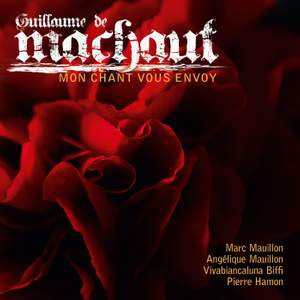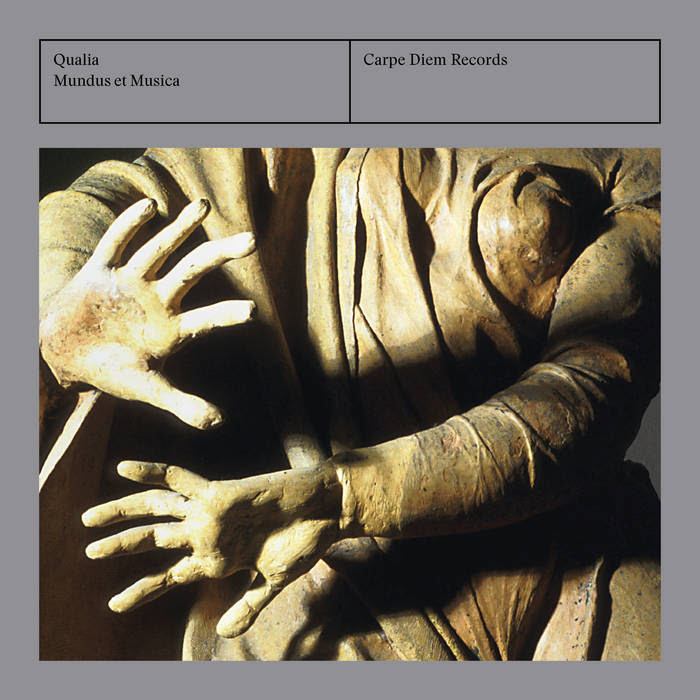Program: #21-46 Air Date: Nov 08, 2021
To listen to this show, you must first LOG IN. If you have already logged in, but you are still seeing this message, please SUBSCRIBE or UPGRADE your subscriber level today.
Love songs of Guillaume de Machaut; the new Ensemble Gilles Binchois recording of Dufay; and 15th century music from the Cancionero de Segovia.
I. Guillaume de Machaut: Mon chant vous envoy (Marc Mauillon, Pierre Hamon, et al.). Eloquentia CD EL 1342.

Marc Mauillon (voice), Angélique Mauillon (harp, viele), Vivabiancaluna Biffi (voice & viele), Michaël Grébil (lute), Catalina Vicens (organetto), Varlo Rizzo (tambourine) & Pierre Hamon (medieval flutes, direction)
Following "The amourous Torment" and "The Remedy of Fortune," two records unanimously praised by critics, the team formed in 2005 by Pierre Hamon around the exceptional singer Marc Mauillon continues to work on the work of the great French musician-poet of the 14th century, Guillaume de Machaut.
This project is the logical continuation from the previous two. Songs, virelais, ballads and roundels of Guillaume de Machaut are the culmination of the poetic art of courtly love, whose melodies are part of our memory and our psyche. Marc Mauillon is an exceptional talent even in the current environment of medieval music and these melodies 700 years on still maintain an impact.
II. Dufay: Le prince d’amours (Ensemble Gilles Binchois/Dominique Vellard). Evidence CD EVCD082.
III. Mundus et musica (Qualia Ensemble). Carpe Diem CD-16294.

Composer Info
Guillaume de Machaut, Antoine Brumel, Alexander Agricola, Bartolomeus Ramis de Pareia, Johannes Tinctoris, Johannes Ockeghem, Johannes Tinctoris, Fray Benito, Magister Gulielmus, Hayne van Ghizegen, Alexander Agricola, Loyset Compère,
CD Info
Eloquentia CD EL 1342, Evidence CD EVCD082, Carpe Diem CD-16294